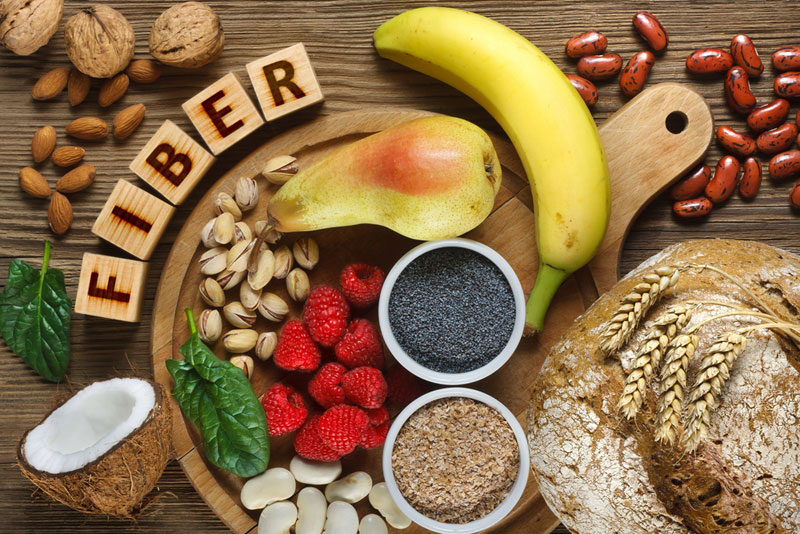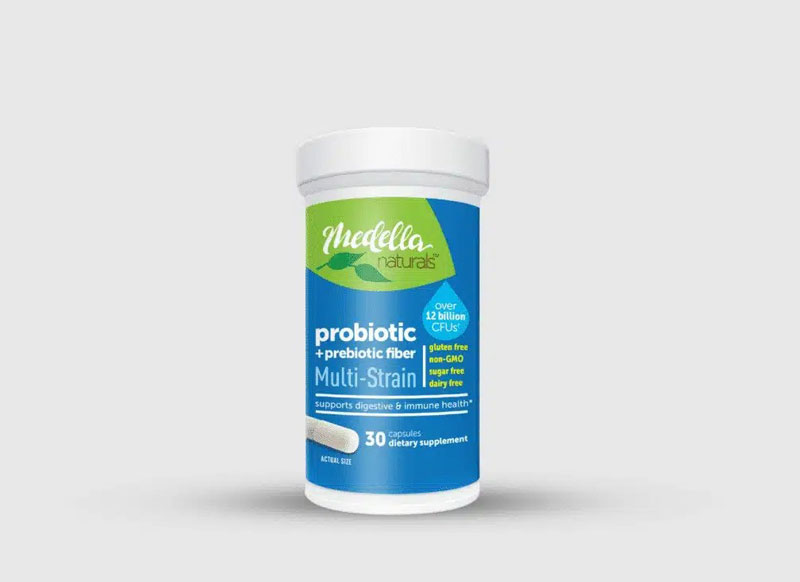In the complex symphony of bodily functions, digestion plays the role of conductor, orchestrating the breakdown and absorption of nutrients vital for our survival. Yet, in the hustle and bustle of modern life, we often neglect the well-being of our digestive system, inadvertently jeopardizing our overall health.
Every decision impacts the delicate balance within our gut, from the foods we consume to our lifestyle choices. Hence, it’s imperative to cultivate habits that foster digestive health, ensuring harmony within our bodies. In this blog, I embark on a journey to uncover the essential digestive health tips that can transform your well-being from the inside out.
Mechanisms Of Our Digestive System
The digestive process commences in the mouth, where enzymes break down food particles. As food travels through the esophagus into the stomach, gastric juices further break it into smaller components. Subsequently, nutrients are absorbed into the bloodstream in the small intestine, nourishing the body. Finally, waste products journey through the large intestine, where water is absorbed, and solid waste is expelled through bowel movements.
Any disruption in this process can lead to digestive discomfort, ranging from mild indigestion to severe conditions like irritable bowel syndrome or gastroesophageal reflux disease. Consequently, maintaining digestive health is paramount for overall well-being.
11 Digestive Health Tips
Digestive health and a healthy gut are crucial for overall well-being as they directly impact the absorption of nutrients essential for bodily functions. A healthy digestive system supports immune function, energy production, and mental clarity while preventing discomfort and disease. Here I’ve some tips to share for a healthy digestive system:
Embrace Fiber-Rich Foods

A diet rich in fruits, vegetables, whole grains, and legumes provides ample fiber, which promotes regular bowel movements and prevents constipation. Aim to incorporate various colorful plant-based foods into your meals to reap the diverse benefits of fiber.
Stay Hydrated

Adequate hydration is essential for softening stool and facilitating smooth bowel movements. Drink plenty of water throughout the day and use hydrating beverages like herbal teas and infused water.
Mindful Eating

In today’s fast-paced world, we often consume meals hurriedly, paying little attention to the act of eating. Practicing mindful eating involves savoring each bite, chewing food thoroughly, and being attuned to hunger and satiety cues. This fosters better digestion and prevents overeating.
Limit Processed Foods and Sugars

Consuming processed foods and high amounts of sugar can disrupt the balance of gut bacteria, leading to inflammation and digestive issues. It’s important to choose whole, unprocessed foods and to be aware of added sugars in packaged products.
Probiotics and Fermented Foods

Probiotics are beneficial bacteria that boost gut health by maintaining a healthy balance of microorganisms in the digestive tract. You can add probiotic-rich foods to your diet to promote a flourishing gut microbiome. You can also add probiotic supplements from a reputed brand like Medella Springs, but make sure to take probiotics at the right time of the day for effective and better results.
Limit Salt

Excessive salt intake can contribute to bloating and water retention, exacerbating digestive discomfort. Aim to moderate your salt intake by opting for natural flavor enhancers like herbs, spices, and citrus juices instead of relying heavily on salt. Additionally, be careful of hidden sources of sodium in processed and packaged foods, and aim to choose low-sodium alternatives whenever possible. Reducing salt intake can support better digestive health and overall well-being.
Manage Stress

The connection between the gut and the brain is a well-known phenomenon, and stress can significantly impact digestive function. To alleviate stress and promote digestive harmony, practice stress-reducing techniques such as deep breathing, meditation for anxiety, yoga, or engaging in hobbies.
Regular Exercise

Physical activity benefits cardiovascular health and aids digestion by promoting intestinal contractions and improving bowel regularity. Aim to exercise moderately for 30 minutes most days to maintain digestive health. Regular exercise and stress management techniques are especially important for men with ADHD.
Get Sufficient Sleep

Quality sleep is crucial for our overall health, including proper digestion. Aim for 7-9 hours of uninterrupted sleep each night to allow your body to repair and rejuvenate, supporting optimal digestive function.
Limit Alcohol and Caffeine

It is important to consume caffeine and alcohol in moderation to avoid digestive issues such as acid reflux, indigestion, and diarrhea.
Seek Professional Guidance

If you experience persistent digestive issues or symptoms such as abdominal pain, bloating, or changes in bowel habits, don’t hesitate to consult a healthcare professional. Doctors can provide personalized advice and recommendations tailored to your specific needs.
Conclusion
In the intricate dance of life, our digestive system serves as a steadfast partner, nourishing us from within and supporting our overall well-being. Adopting simple yet impactful habits can nurture our gut health and cultivate a harmonious relationship with our bodies. From mindful eating to prioritizing hydration and managing stress, every decision we make contributes to the vitality of our digestive system. So, let’s embark on this self-care journey, honoring our bodies’ remarkable resilience and embracing a life filled with digestive vitality.
Frequently Asked Questions
What Are The Symptoms Of Digestive Issues?
Common symptoms of digestive issues include bloating, gas, abdominal pain, constipation, diarrhea, heartburn, and indigestion. If you experience persistent or severe symptoms, it is advisable to consult a healthcare professional for proper evaluation and treatment.
What Role Does Diet Play In Digestive Health?
Diet can either support or disrupt the balance of beneficial gut bacteria. Therefore, it plays a significant role in digestive health. A diet rich in fiber, probiotics, and whole, unprocessed foods promotes optimal digestion, while excessive consumption of processed foods, sugars, and fats can lead to digestive discomfort and inflammation.
How Does Stress Affect Digestion?
Stress can negatively impact digestion by triggering the release of hormones that slow down the digestive process and disrupt the balance of gut bacteria. Chronic stress may lead to conditions like irritable bowel syndrome (IBS) or exacerbate symptoms of existing digestive disorders.

